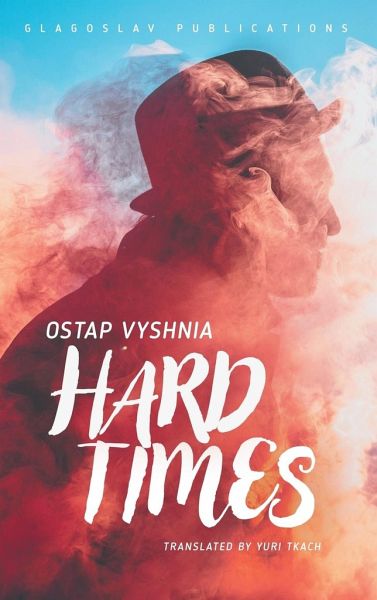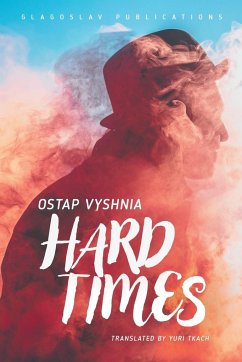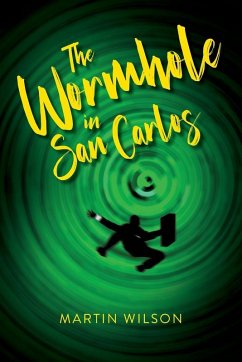
Hard Times
Versandkostenfrei!
Versandfertig in 1-2 Wochen
25,99 €
inkl. MwSt.
Weitere Ausgaben:

PAYBACK Punkte
13 °P sammeln!
A brilliant satirist, Ostap Vyshnia sent up the shortcomings of Soviet life and bureaucracy in the 1920s. He was famous in Ukraine almost exclusively for his feuilletons, and achieved enormous popularity in this genre in the 1920s, especially among the peasant population. Called by many the father of contemporary Ukrainian satire, he became the most-read author after Taras Shevchenko. Many village and town cooperatives, schools and farms were spontaneously named in his honour. Over two million copies of his books were sold by 1930. This second revised and expanded edition is introduced by Prof...
A brilliant satirist, Ostap Vyshnia sent up the shortcomings of Soviet life and bureaucracy in the 1920s. He was famous in Ukraine almost exclusively for his feuilletons, and achieved enormous popularity in this genre in the 1920s, especially among the peasant population. Called by many the father of contemporary Ukrainian satire, he became the most-read author after Taras Shevchenko. Many village and town cooperatives, schools and farms were spontaneously named in his honour. Over two million copies of his books were sold by 1930. This second revised and expanded edition is introduced by Professor Maxim Tarnawsky (University of Toronto).














